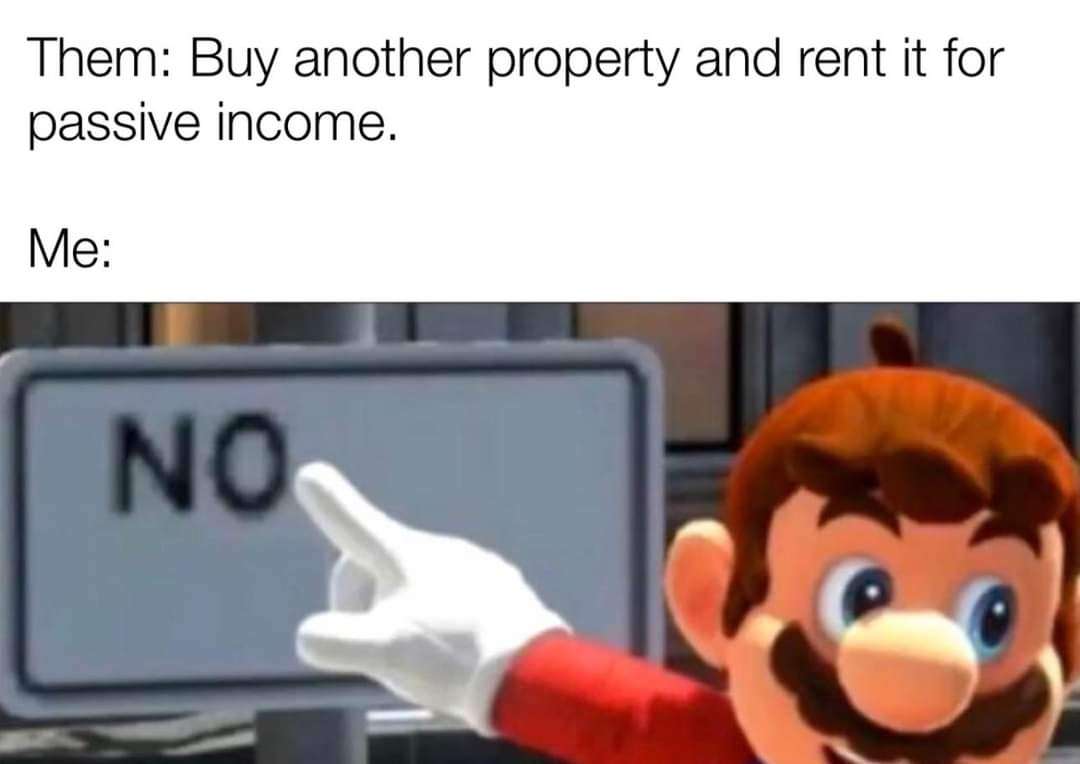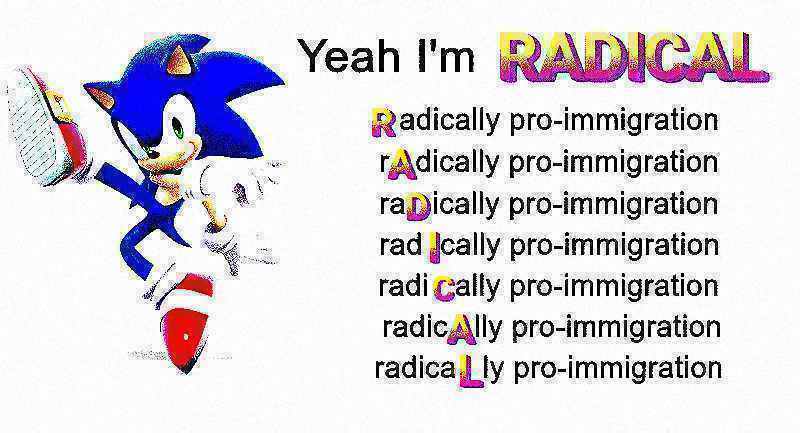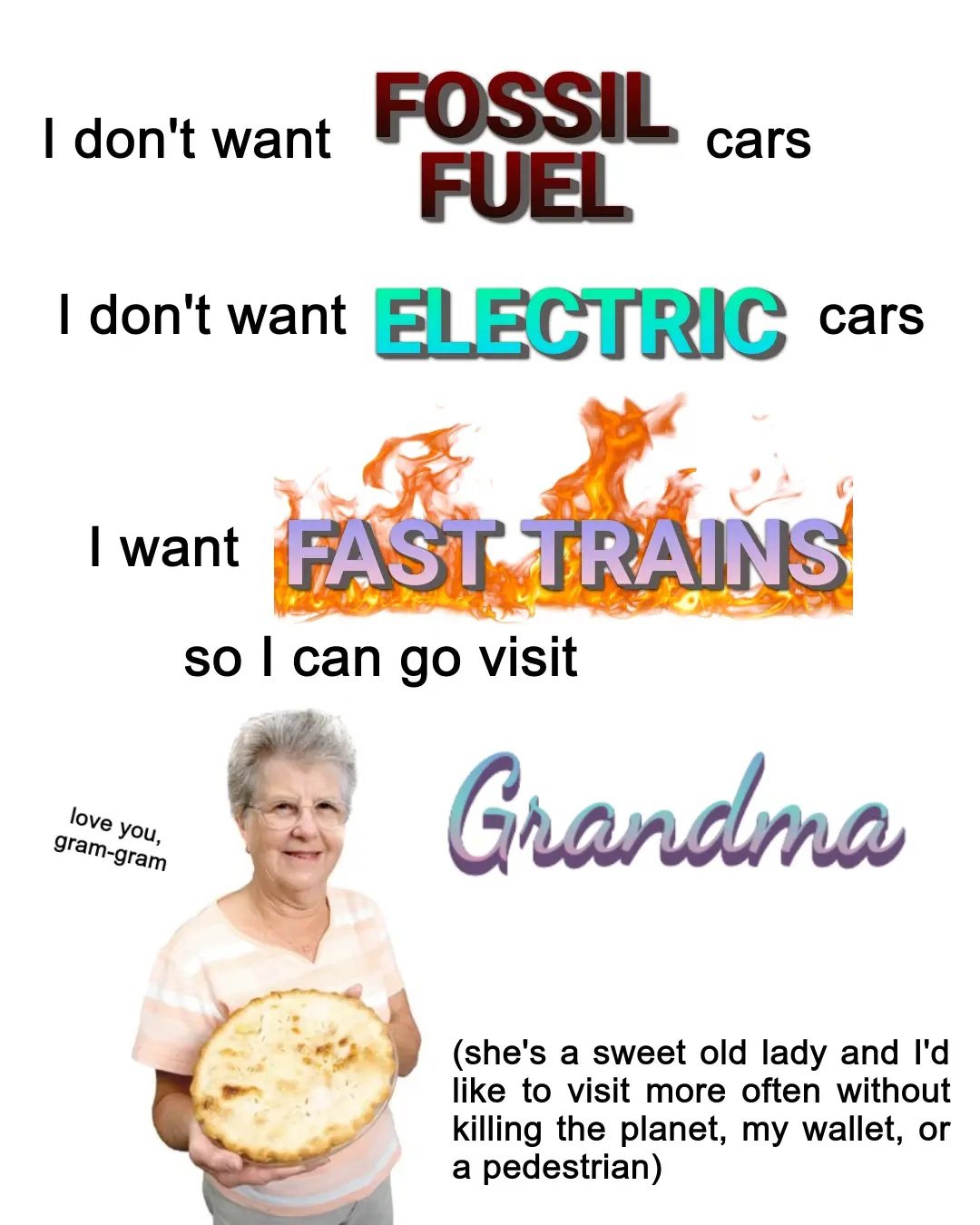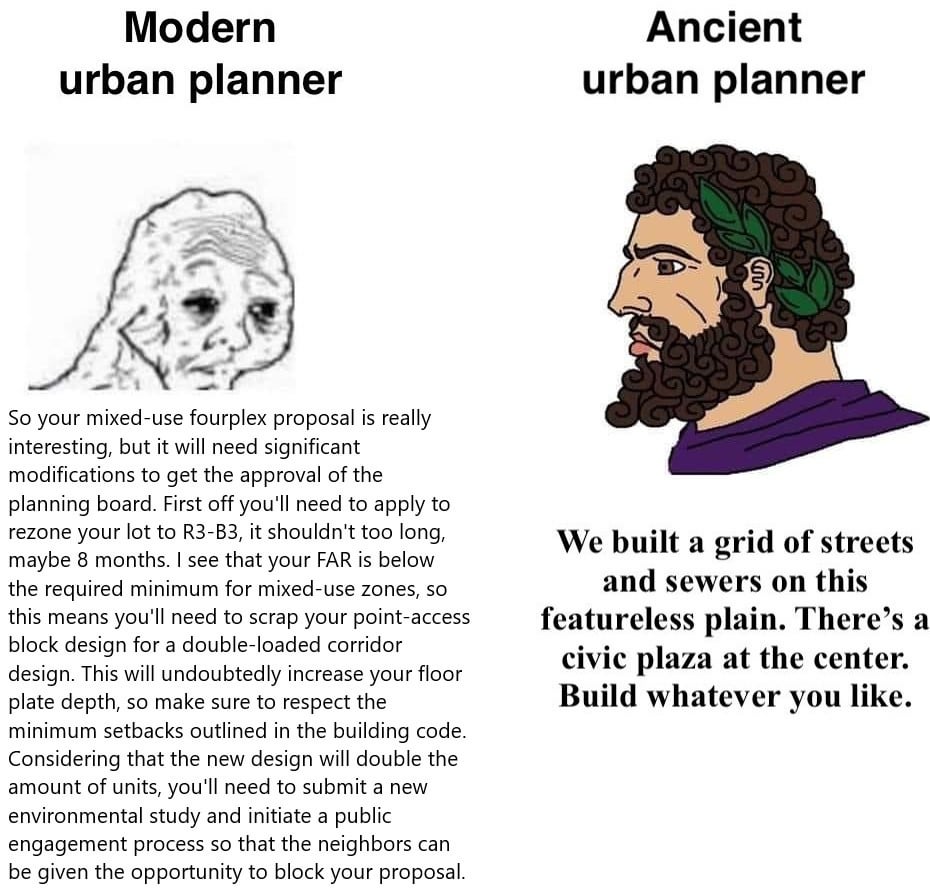America is horrifically car-dependent. So is Canada. So is Australia. So is New Zealand.
But within that mess are some great seeds if you know where to look.
Imagine a city with a dense downtown surrounded by tons of missing middle housing (like in Chicago or Montreal).
Imagine it with an comprehensive underground metro network like New York. Or even for slightly smaller cities, look to Montreal, DC, or Toronto.
Imagine it with modern, automated light metros like the Vancouver SkyTrain, the Montreal REM, the Sydney Metro, or the Honolulu Skyline.
Imagine it with abundant trams like Melbourne, Portland, Toronto, or parts of San Francisco.
Imagine it with modern, electrified suburban rail like Melbourne, Sydney, Brisbane, or Perth.
Imagine it with extensive and well-ridden suburban bus networks like Vancouver, Toronto, and Montreal.
Imagine it with bike infrastructure like Montreal, Portland, San Francisco, or Minneapolis.
Imagine it with better zoning and land use policy, like Auckland (as of a few years ago), Edmonton (as of this year), Minneapolis (as of a few years ago), or counless other cities loosening their restrictive zoning laws and/or parking minimums.
There's nothing magical in the water in Europe or Asia that makes them inherently more capable of urbanism than North America and Oceania. We have all the seeds of great urbanism in our own backyards. All we need to do is keep on advocating at the local level for good policies (e.g., zoning reform, land value taxes) and better infrastructure (e.g., bike lanes/paths, trains, etc.).







Agreed 100%. Upzoning and land value tax would do so much to change the underlying incentive structure. Housing ought to be a consumer good like any other, not a speculative investment or a retirement plan. The fact we became convinced that simply possessing an asset should be our primary means of wealth accumulation is one of our great societal mistakes that we're now paying the price for.